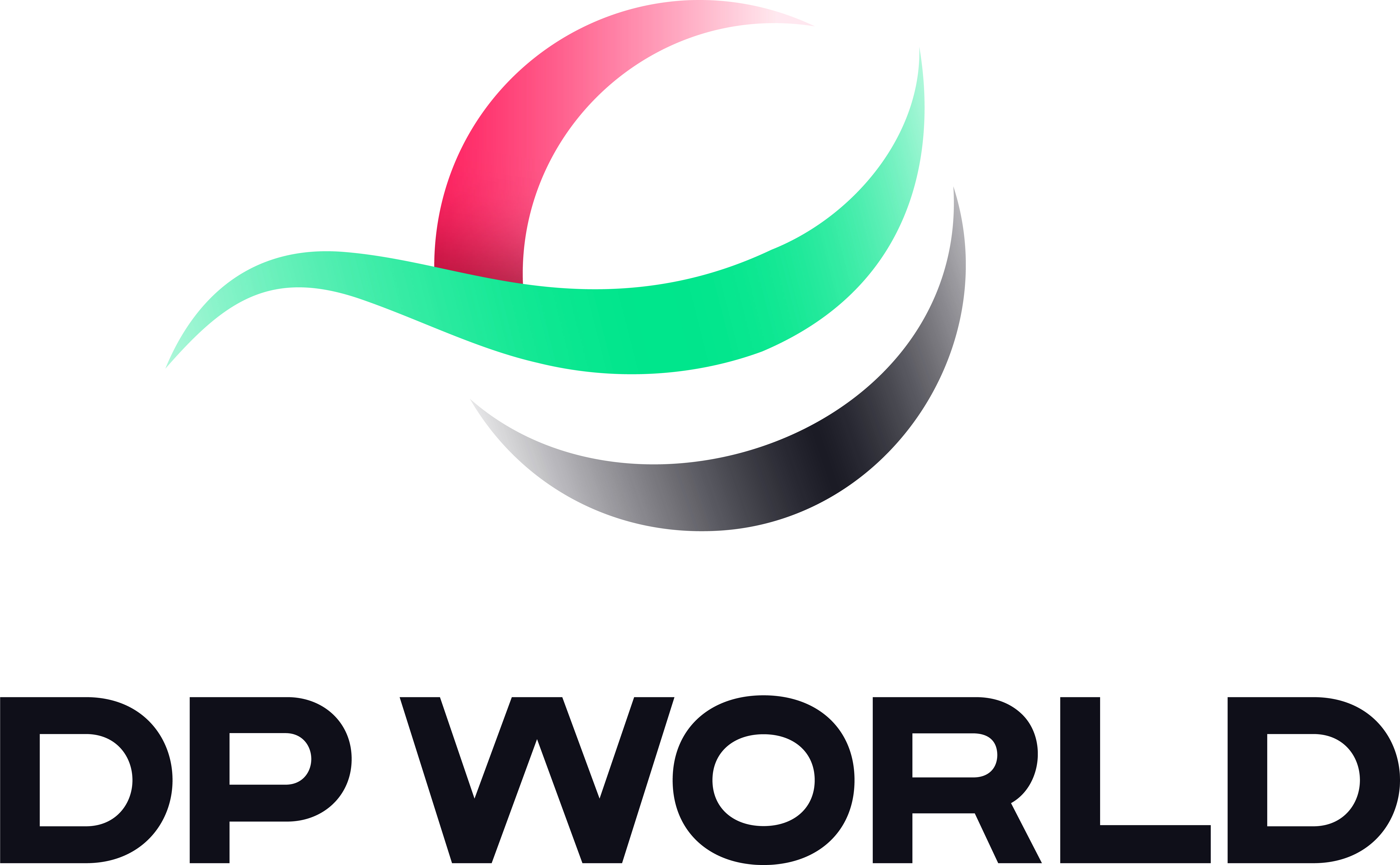DP World Pilots Hydrogen Fuel Cell Crane at Vancouver Port
Successful first test of technology on rubber-tyred gantry crane marks major step in DP World’s global push to decarbonize its ports and terminals
VANCOUVER, British Columbia, April 24, 2025 /3BL/ - DP World has successfully completed initial testing of its hydrogen fuel cell rubber-tired gantry (RTG) crane at the Port of Vancouver, marking a significant milestone in decarbonizing its port operations. The RTG is now undergoing field testing as the company assesses the feasibility of electrifying its global fleet of 1,500 RTG cranes.
Traditionally powered by diesel, RTG cranes are essential for cargo handling but are significant contributors to greenhouse gas emissions. At DP World’s Vancouver terminal, 19 RTG cranes account for 50% of diesel consumption and generate over 4,200 tonnes of CO2 annually. The adoption of hydrogen technology promises to dramatically reduce or even eliminate this impact.
Doug Smith, CEO of DP World in Canada, said: “As one of the world’s foremost port and terminal operators, we are dedicated to advancing sustainable practices that will drive industry-wide change. This pilot not only marks an important step in DP World’s commitment to decarbonizing its operations, but it also sets a new benchmark in sustainable logistics. Real-world testing ensures our solutions are reliable and effective and could open the door to electrifying our global fleet of RTGs.”
DP World launched its pilot project in October 2023. The first phase included retrofitting a diesel RTG with an integrated solution consisting of a Hydrogen-Electric Generator (HEG), battery energy storage system, hydrogen storage module, regenerative energy capture, and integrated control and safety systems. The RTG has now entered its second phase, a one-year field trial to track performance parameters such as hydrogen consumption, energy generation, and regenerative energy capture rates.
This data will allow the team to compare the zero-emission hydrogen electric RTG to a traditional diesel-powered RTG in terms of productivity, reliability, maintainability, costs and environmental benefit.
DP World partnered with TYCROP Manufacturing Ltd., H2 Portable and HTEC for this pioneering project. H2 Portable, together with TYCROP, designed a Hydrogen-Electric Generator (HEG) utilizing a dual fuel cell and battery energy storage system, while HTEC provided the hydrogen storage system and hydrogen supply.
To operate, the RTG crane stores up to 135 kg of compressed gaseous hydrogen in 15 pressurized tanks. Hydrogen is fed to the fuel cell system, which charges a high-voltage battery that powers the crane’s electric drive. The bidirectional power system recovers energy when lowering containers, significantly reducing energy demand and enhancing operational efficiency
Scott Mason, President and CEO, TYCROP, said: “Through our work with DP World, H2 Portable and HTEC, we achieved a major milestone in zero-emission power. During factory acceptance testing, the system ran continuously for 16 hours, lifting and lowering a 40-ton load 105 times — and emitted only steam, rather than 400 kilograms of CO2 from a comparable diesel unit. This accomplishment highlights what can be done when industry and government collaborate to drive innovation.”
George Rubin, Managing Director of Commercial Operations, H2 Portable, said: “Working alongside DP World, our Advanced Power system is demonstrating how hydrogen-based technology can deliver meaningful performance benefits. Early field operations have exceeded key benchmarks, and we look forward to building on these results as we explore broader adoption across the industry.”
Jeff Grant, Vice President of Transportation Solutions, HTEC, said: “At HTEC, we’re proud to support this groundbreaking project by providing hydrogen storage and fuel supply. Together with DP World, TYCROP and H2 Portable, we’re showing how the power of collaboration is driving the transition to cleaner energy solutions.”
If the field trial is successful, DP World will consider converting its 25 diesel-powered RTG cranes in Vancouver and Prince Rupert in a bid to meet its zero-emissions objectives. There are additional plans underway to trial an electric terminal tractor at the Port of Vancouver, and the company is in the process of acquiring a fleet of electric vehicles.
The Port of Vancouver was selected as the ideal site for this pilot due to its thriving hydrogen and fuel cell ecosystem and strong support from the Province of British Columbia.
– END –
DP World Americas Media Contact:
Melina Vissat, Head of Communications
M: (+1) 704-605-6159
E: melina.vissat@dpworld.com
About DP World
DP World is reshaping the future of global trade to improve lives everywhere. Operating across six continents with a team of over 100,000 employees, we combine global infrastructure and local expertise to deliver seamless supply chain solutions. From Ports and Terminals to Marine Services, Logistics and Technology, we leverage innovation to create better ways to trade, minimizing disruptions from the factory floor to the customer’s door.
In the Americas, DP World operates with a team of over 16,000 people across 12 countries, driving excellence through a robust network of 14 ports and terminals and more than 40 warehouses. By harnessing our global reach and local expertise, we simplify logistics, enhance operational performance, and redefine the boundaries of what’s possible in global trade.
WE MAKE TRADE FLOW.
For more insights into how DP World is reshaping global trade, visit our website: www.dpworld.com.

